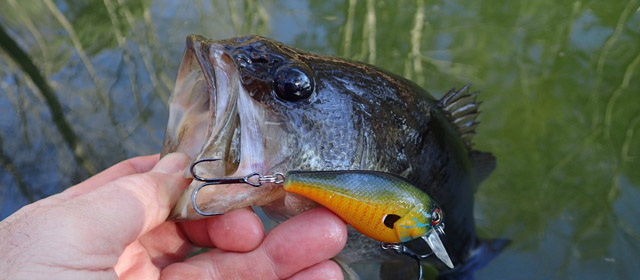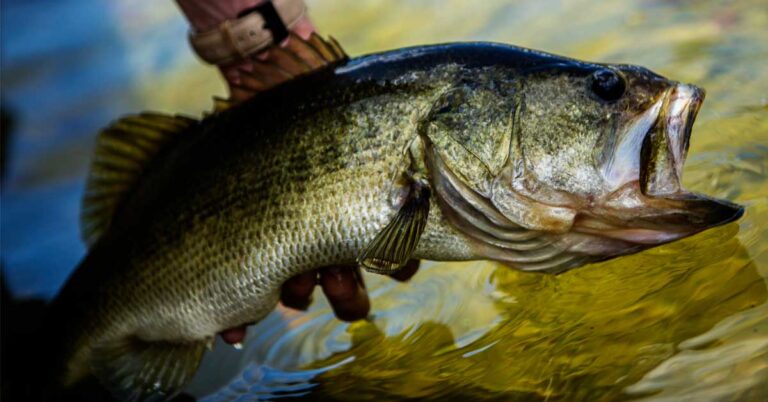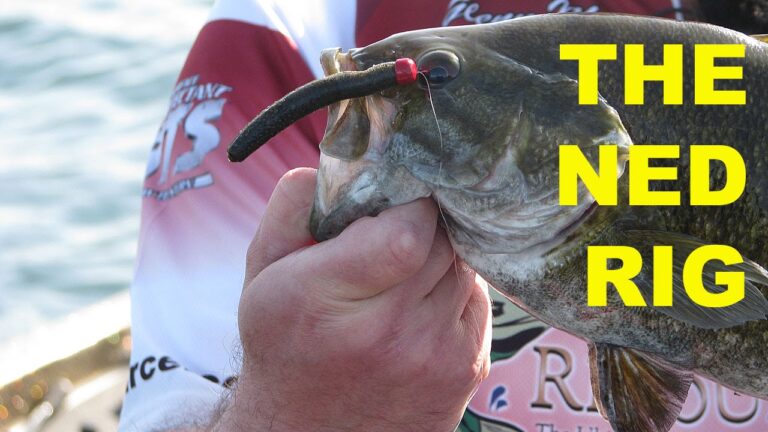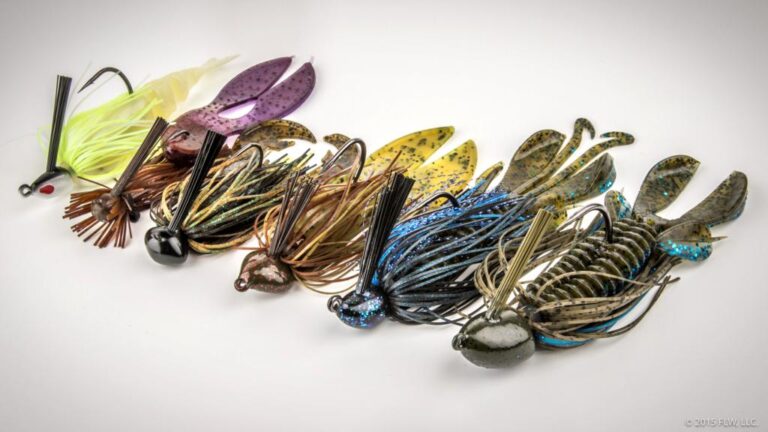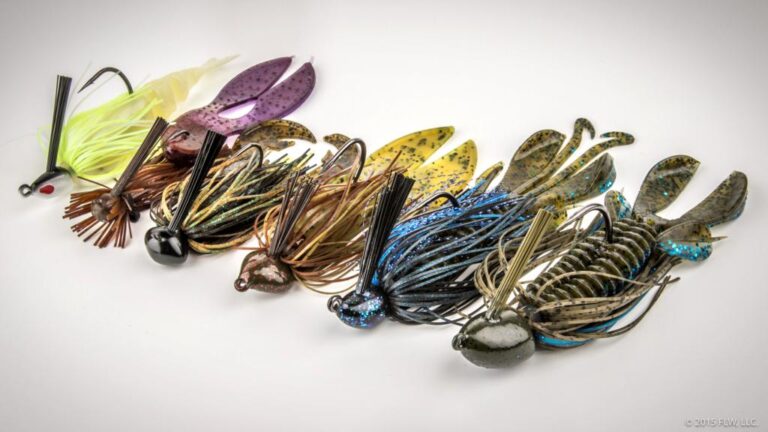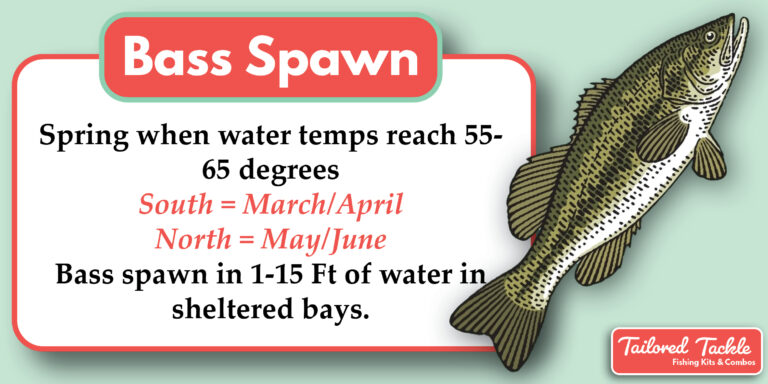Can You Eat Rock Bass

Yes, you can eat rock bass. They are a freshwater fish commonly consumed in North America.
The rock bass, a member of the sunfish family, might not be the most famous catch, but it has a place at the dinner table. Anglers appreciate the rock bass for its fighting spirit, and chefs value it for its mild flavor and flaky texture.
Rock bass are typically found in the clear, cool waters of lakes and streams, where they thrive among rocky outcroppings and fallen trees. While they’re not as sought after as bass varieties like largemouth or smallmouth, the rock bass’s white meat is considered tasty when cooked properly. This fish can be pan-fried, grilled, or baked, making it a versatile option for seafood enthusiasts looking to try something different from their usual catch.
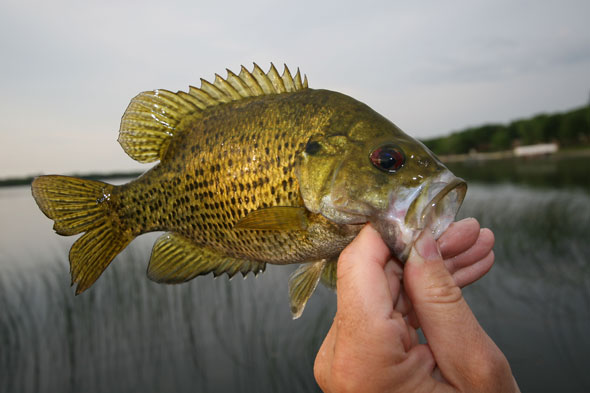
Credit: www.in-fisherman.com
Meet The Rock Bass
Rock Bass, a member of the sunfish family, is a popular catch among anglers. This small fish showcases a spiny dorsal fin and reddish eyes. Rock Bass often have olive-green to brown bodies, with dark spots.
The species prefers clear, cool waters and is fond of rocky areas and debris, which provide shelter. Their homes stretch across the northeastern United States to the south of Canada, and are common in Great Lakes region.

Credit: fishmasters.com
Culinary Profile Of Rock Bass
The flavor of Rock Bass is mild and slightly sweet. Its texture is firm, making it similar to smallmouth bass. Many enjoy its white, flaky meat in various dishes. Rock Bass can be a tasty addition to your diet.
Rock Bass is low in fat and high in protein. It’s a good source of Omega-3 fatty acids, which are important for your heart. The fish also provides vitamins like B12 and Niacin. Minerals such as phosphorus are present too. Check the table below for more details.
| Nutrient | Amount |
|---|---|
| Protein | 19g |
| Omega-3 | 0.5g |
| Vitamin B12 | 2.4mcg |
| Niacin | 2.1mg |
| Phosphorus | 250mg |
Safety Considerations
Eating rock bass is generally safe, with certain precautions. Contaminants like mercury and PCBs can be an issue. These may harm your health. Always check local advisories before fishing for rock bass. This ensures the fish are safe to eat. Smaller rock bass may have fewer contaminants than larger ones.
Safe consumption practices are key. Eat rock bass in moderation. Clean and cook them properly. Remove skin, fat, and organs. These parts may hold most of the contaminants. Grilling or baking rock bass lets fat drip away. This reduces your contaminant intake.
Preparing Rock Bass For Consumption
Cleaning and filleting rock bass is straightforward with the right tools. Begin by scaling the fish with a scaler or a knife. Make sure to remove all scales to avoid a gritty texture. Next, make an incision along the dorsal line from the head to the tail. Remove the head, tail, and fins, and take out the insides with a clean cut. Rinse the fish thoroughly to ensure all internal organs are gone. Carefully slice along the backbone to separate the fillets from the bones. Skin the fillets if preferred and wash them with cold water before cooking.
Cooking methods for rock bass are similar to other panfish. Grilling, pan-frying, baking, and broiling are all excellent choices. To retain moisture, coat the fillets with flour or breadcrumbs. Preheat your cooking surface and add oil or butter. Cook until the meat is white and flaky, indicating it’s done.
Try these recipe ideas for a delicious meal:
- Grilled rock bass with lemon and herbs.
- Baked fillets with a parmesan crust.
- Beer-battered rock bass for a crispy treat.
- Pan-fried fillets with almond slivers and lemon butter sauce.
Regulations And Sustainability
Fishing limits and seasons keep rock bass numbers healthy. Each state sets its own rules. Fishers must know these regulations before catching rock bass. They help stop overfishing. Without limits, too many rock bass might get caught. This could make them rare or even disappear. Seasons allow fish to spawn in peace. Always check local rules for the latest fishing limits and season dates.
Impact on ecosystems is big when fish numbers change. Rock bass eat insects and smaller fish. Other fish and animals eat them. If too many are caught, it upsets nature’s balance. The food chain can break, hurting all animals. Plants can grow too much without fish to eat them. This could spoil water quality. Care for nature by following fishing rules.
Alternatives To Rock Bass
Fishing enthusiasts often seek out rock bass for a good catch. Yet, there are other fish similar to rock bass. These fish provide equivalent culinary experiences. Trying species like the smallmouth bass or bluegill could surprise you. These alternatives offer delightful flavors comparable to rock bass.
Choosing environment-friendly options is also crucial. Opt for fish from sustainable sources. This ensures the protection of water ecosystems. Fish such as the crappie can be a responsible choice. They come from well-managed fisheries. Be sure to check for certification labels. Labels like MSC (Marine Stewardship Council) guide you to sustainable alternatives.
| Fish Variety | Taste Similarity | Environmental Impact |
|---|---|---|
| Smallmouth Bass | High | Low to Moderate |
| Bluegill | Moderate to High | Low |
| Crappie | Moderate | Low (if certified) |
Credit: www.reddit.com
Frequently Asked Questions Of Can You Eat Rock Bass
Do Walleye Eat Rock Bass?
Yes, walleye do eat rock bass. They are opportunistic predators that include smaller fish such as rock bass in their diet.
Which Bass Are Good To Eat?
Striped bass, black bass, and largemouth bass are popular and tasty freshwater fish. Chilean sea bass and black sea bass are savory options from saltwater. Always check local advisories for safe consumption levels due to potential contaminants.
Can You Eat Rock Bass In Michigan?
Yes, you can eat rock bass in Michigan, but always check local advisories for contaminant levels and consumption advice. Limit your intake if advisories suggest doing so.
Is Rock Bass A Panfish?
Yes, rock bass is considered a panfish, a group of small, edible freshwater fish commonly caught for sustenance.
Conclusion
Eating rock bass is indeed a viable option for those seeking a fresh catch from freshwater sources. Their mild flavor appeals to numerous palates, encouraging anglers and seafood enthusiasts alike to take advantage of this often-overlooked fish. Always remember to cook thoroughly, adhere to local regulations, and savor the distinctive taste rock bass offers to your culinary adventures.
